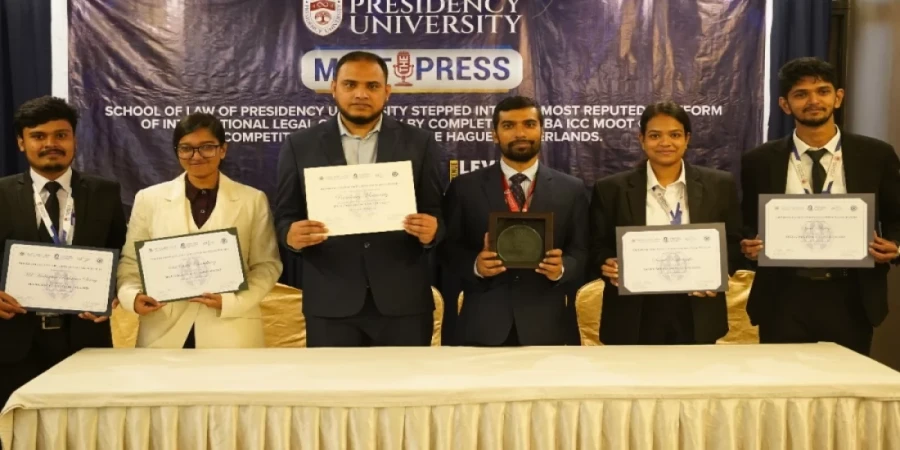
ছবি: Photo: Collected
Sarjis Alam, the coordinator of the Anti-Discrimination Student Movement, has stated that the people of Bangladesh will no longer tolerate the exploitation of the country by India, which has been aided by the Awami League's protection over the past 16 years. Alam emphasized that the current relationship between the two countries would be defined by India’s actions, rather than diplomatic statements. He was speaking to the media during his visit to Bogura on December 6.
Alam commented on the longstanding negative impact of India’s actions, claiming that the past 16 years have seen Bangladesh’s resources drained by its neighbor. According to him, the public will not continue to allow India to "suck the country dry" under the guise of a friendly relationship. The relationship's future, he stated, will depend on whether India works to resolve existing issues and adopts a more fair approach to its neighbor.
During his visit to Bogura, Alam remarked on the underdevelopment in the region, attributing it to years of neglect. He criticized the government for failing to address the disparity in development across the country's districts. "Among all the districts of Bangladesh, it seems that only Bogura has been deprived of development in the last 16 years, despite its historical importance and potential," he said, highlighting that the region has faced long-term discrimination. Alam expressed his disappointment that no meaningful development has occurred in the city, especially when compared to other parts of the country.
The coordinator also pointed to the historical significance of Bogura in the student movement, noting that many students from the region had made significant sacrifices for the cause of justice and equality. He mentioned that many students from the Rajshahi and Rangpur divisions, including Bogura, had lost their lives in the movement, making it even more critical for him to speak out against the region's neglect.
Alam also took aim at certain media outlets in India, accusing them of spreading communal propaganda and inciting division through biased reporting. He criticized media outlets in West Bengal for being "spineless" and acting as mere pawns of the Indian government. According to him, these outlets are not genuine media but tools of misinformation, driven by scripts from higher powers. He dismissed these media as unworthy of attention and asserted that Bangladesh should not waste time on them.
Earlier in the day, Sarjis Alam visited the home of retired college teacher Mohammad Ali in Bogura’s Malatinagar Staff Quarter area. Alam was accompanied by his parents during the visit. While in Bogura, Alam met with local residents and students, discussing the ongoing student movements and the fight against inequality. He also reaffirmed his commitment to challenging the influence of external powers and working for the betterment of Bangladesh.
The remarks made by Alam reflect the growing discontent among certain sectors of the Bangladeshi population, particularly in the face of what they perceive as exploitation by foreign powers. While the government has often sought to strengthen ties with India, these comments highlight the tensions that exist, especially among those who feel that the country's resources and development have been sidelined in favor of foreign interests.
Alam’s statements are likely to resonate with many in Bangladesh who feel frustrated with the current political and economic situation, especially in light of the challenges posed by external forces. However, it remains to be seen how these sentiments will shape the broader discourse on Bangladesh’s foreign policy and its relationship with neighboring countries, particularly India.
repoter






